Elon Musk’s cozy relationship with Donald Trump has put Tesla’s chief executive officer in a prime position to lobby the president-elect to support an Environmental Protection Agency waiver now up for renewal that could boost the electric vehicle manufacturer’s bottom line for years to come.
Even though Musk spent hundreds of millions of dollars of his own money to help Trump win a second term, he is no ordinary donor. Musk has become a confidant, travel buddy, Mar-a-Lago sidekick, and uber adviser to the incoming president on which federal programs and employees should be slashed to reduce government spending.
This bromance has, in particular, caught the attention of automobile policy wonks and industry lobbyists. They are monitoring the renewal process for an Environmental Protection Agency waiver that for years has generated billions of dollars in income for Tesla, creating demand for its vehicles and generating cash payments to the firm from traditional manufacturers.
Consumers might be familiar with a $7,500 federal tax credit for purchasing an electric vehicle, championed by President Joe Biden and passed by a Democratic-controlled Congress as part of the 2022 Inflation Reduction Act. The idea was to lower consumers’ costs for buying electric vehicles and make them more competitive with internal combustion engine automobiles. Trump, who opposes rules and regulations that favor electric vehicles at the expense of gas-powered automobiles, is expected to attempt to kill the $7,500 credit via tax reform. Musk has said he supports ending the tax credit.
But there is less clarity surrounding California’s zero emission vehicle program, made possible by the EPA waiver. The revenue Tesla generates from the program—which works out to be pure profit—seems to be worth far more than additional revenue generated by the tax credit. That is partly why the industry is watching the waiver renewal process so closely. Here is how industry publication The Drive, in a September 2022 story, explained the Zero Emission Vehicle program, which applies to vehicles sales in California:
As part of the program, a certain percentage of an automaker’s sales are required to be either full battery-electric, hydrogen fuel-cell, or a plug-in hybrid. If the automaker fails to meet this threshold, they are fined. But there’s a catch to it: automakers that have an excess of these credits can sell them to other, non-compliant automakers like an elaborate regulatory trading card game that benefits automakers who heavily invested in ZEV manufacturing early on.
As multiple industry sources have explained to The Dispatch, “these credits” refers to what are essentially climate credits regulated by the California Air Resources Board, the state’s version of the EPA. Under the zero emissions vehicle program, automobile manufacturers earn these credits through the sale of partial or zero-emissions vehicles. Enter Tesla.
Tesla only produces zero emissions vehicles, earning millions of credits. The firm can then transfer those credits (at a price) to manufacturers of gas-powered automobiles that do not sell enough hybrid and zero emissions vehicles in the state, as a percentage of their overall product offering, to meet regulatory requirements set by the California Air Resources Board. There is no expenditure of taxpayer dollars here, just a transfer of money from one manufacturer to another—Tesla—although the cost of the credits are passed along to the consumer.
Tesla makes billions of dollars annually on the sale of emissions credits worldwide, including in Europe and China. A dozen other U.S. states have adopted California’s EV rules, but the Golden State is the most important U.S. market for emissions credit in the U.S. (and the most populous), the EPA’s pending renewal of California’s waiver could be even more valuable to the firm in the years ahead. That’s due in part to the fact that California’s waiver functions as the waiver for all other states that run similar programs.
If reauthorized, California will continue a program that in 2026 would bring the threshold of zero emissions vehicles an automobile manufacturer must sell to be in compliance to 35 percent. In 2035, that percentage hits 100, as California lawmakers, led by Democratic Gov. Gavin Newsom, push to eliminate gas-powered vehicles from the state’s roads (Newsom’s office did not respond to a request for comment.)
Neither Tesla nor the Trump transition responded to a request for comment. But Musk, appointed by Trump to head an informal commission to examine government spending to look for ways to cut costs and improve efficiency, has the president-elect’s ear and could advocate directly for him to preserve the EPA waiver. Industry lobbyists tell The Dispatch the exemption is likely to be renewed before Biden’s term ends on January 20.
Trump campaigned on reducing the regulatory burden on internal combustion engine automobiles and ending government rules that favor electric vehicles.
Presuming the EPA waiver that makes California’s zero emission vehicle program, and the programs run by other states, possible is reupped on Biden’s watch, Trump could order the agency to undermine the regulation, if not yank it altogether. Some automotive industry insiders expect him to do so. Indeed, Trump tried to do so during his first term. Doing so could kill the scheme and cost Tesla billions of dollars, although such a move by the 47th president would likely be challenged in federal court and therefore delayed, possibly for years.
Some automobile industry insiders speculate that Musk is content to let the program lapse and will not lobby Trump to maintain the EPA waiver. “I don’t pretend to read the mind of Elon Musk, but his libertarian streak is such that I can’t see him thinking we should mandate this stuff,” said a veteran automobile industry lobbyist, who like other automotive insiders in California and Washington interviewed by The Dispatch, requested anonymity to discuss Musk and the incoming Trump administration.
But Daniel Sperling, a former member of the California Air Resources Board who now teaches transportation policy at the University of California at Davis, believes Musk absolutely values the credits and may use his proximity to Trump to advocate for preservation of the EPA waiver. “It matters a lot to Tesla,” Sperling said in a telephone interview. “It has from the beginning; it does now.”
Sperling was careful not to make a blanket prediction about how Musk might approach this issue with Trump, noting the mercurial nature of the world’s richest man, who is also founder and CEO of SpaceX and the Boring Company, and who now owns and oversees X, formerly Twitter. Based on how important the zero emissions vehicle program is to Tesla’s bottom line, however, Sperling offered a soft prediction.
“This is going to be a big source of money for them for a long time,” he explained. “If you look at the fundamentals, I think it’s very likely [Musk is] going to weigh in and suggest that the California waiver is just fine.” Sperling added: “When I was on the CARB board, up until a year or two ago, Tesla lobbied CARB, aggressively, to have even much more stringent requirements.”
Manufacturers who purchase these credits from Tesla keep what they pay under wraps, so it’s hard to say how much revenue Tesla generates by selling credits to other automobile makers to satisfy regulations in California and elsewhere.
But overall, Tesla’s most recent earnings report indicated the company made $2.1 billion in credits sales this year as of September 30, amounting to about 43 percent of its overall profit, as the New York Times recently pointed out. “During Tesla’s early years, the credits were a critical source of revenue that probably prevented the company from going bankrupt,” the Times reported. Other automotive industry outlets have tracked Tesla’s growing reliance on credit sales as part of its bottom line.
Meanwhile, the EPA confirmed to The Dispatch in a statement that California’s request for reauthorization of the waiver is currently under review, saying the agency’s top official, administrator Michael Regan, would make the final call.
“EPA is reviewing the requests closely to make sure its decisions are durable and grounded in the law,” an agency spokesperson said in an emailed statement. “The Administrator determines whether the requirements for obtaining a waiver have been met. Moving forward, the Biden-Harris EPA is committed to maintaining its successful track record fighting for cleaner air.”
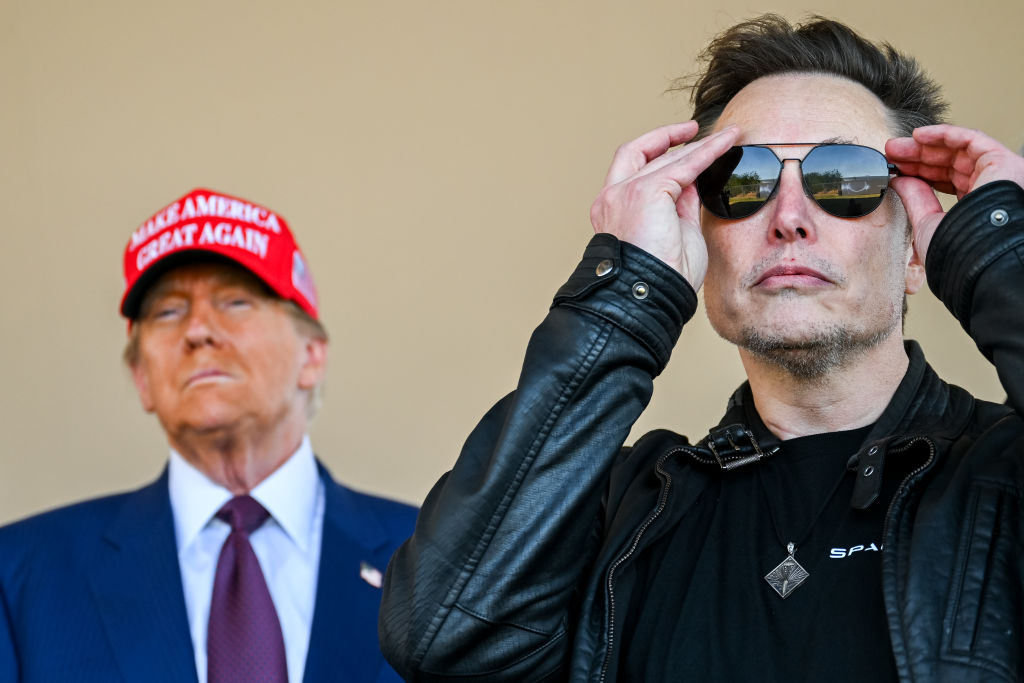

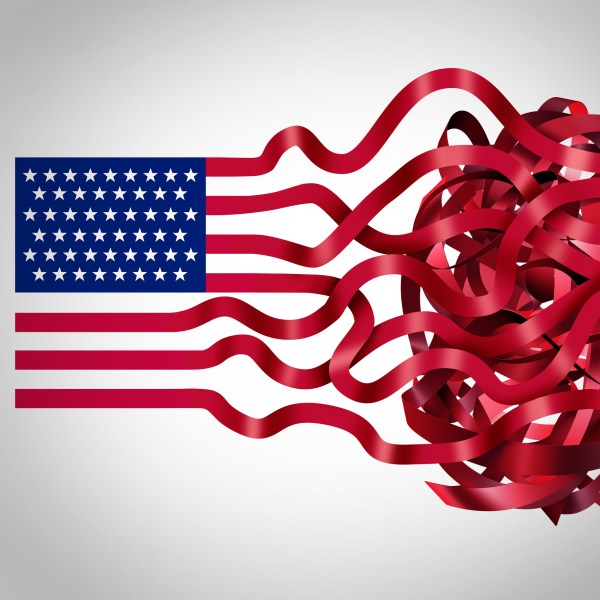
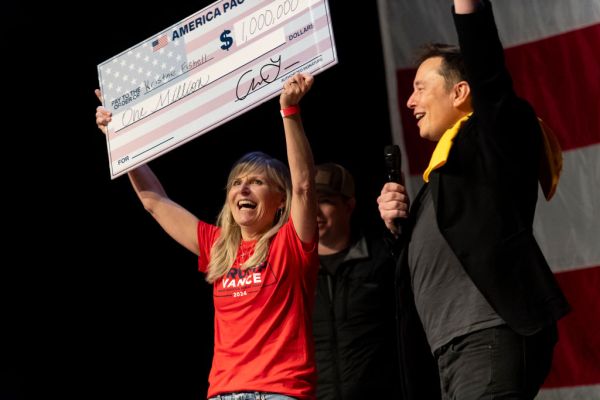
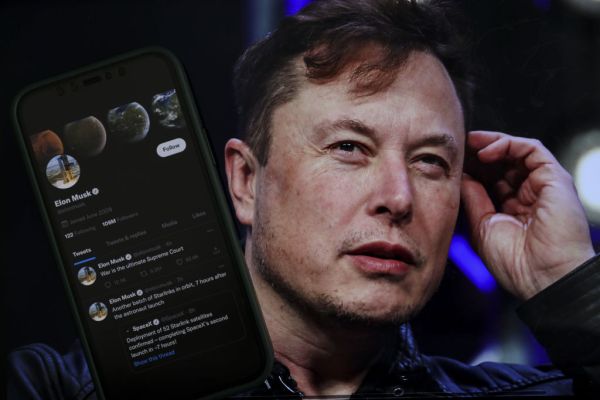

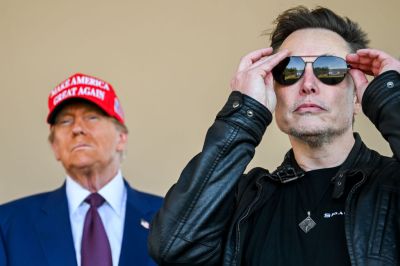
Please note that we at The Dispatch hold ourselves, our work, and our commenters to a higher standard than other places on the internet. We welcome comments that foster genuine debate or discussion—including comments critical of us or our work—but responses that include ad hominem attacks on fellow Dispatch members or are intended to stoke fear and anger may be moderated.
With your membership, you only have the ability to comment on The Morning Dispatch articles. Consider upgrading to join the conversation everywhere.